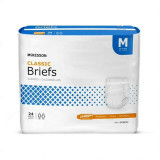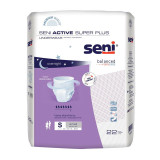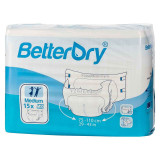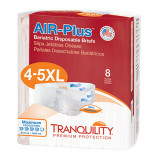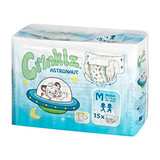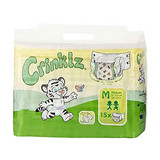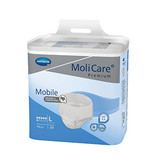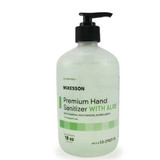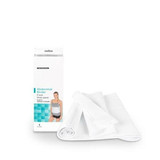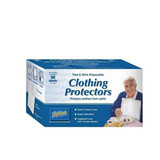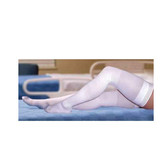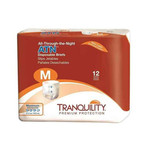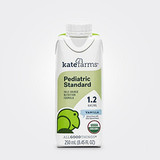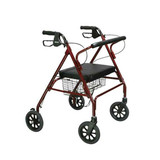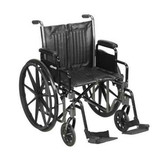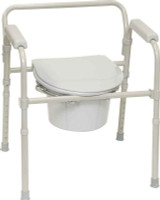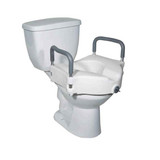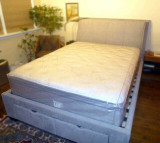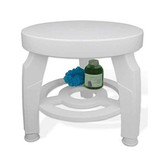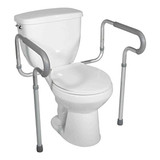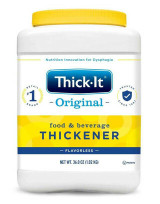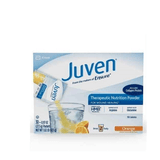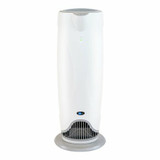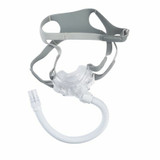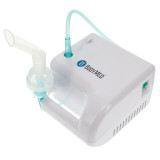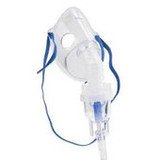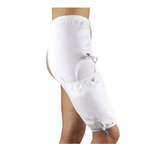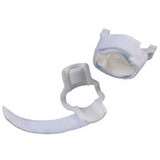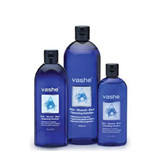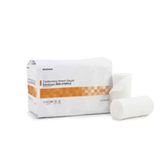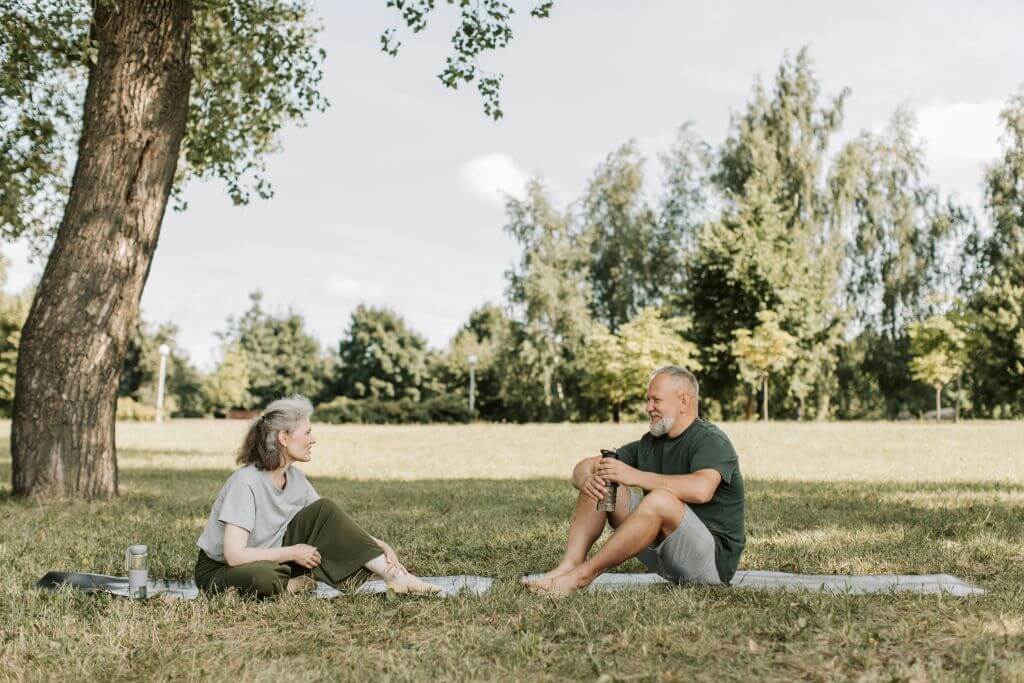
The Caregiver Guide – Leisure Activities and Exercise for Seniors
Growing old brings about various physical and mental changes, and while we also become more susceptible to medical issues, many of these changes are definitely not illnesses. They are changes that occur purely as a result of the body getting older.
Each person experiences a unique set of changes, partly determined by the genes they inherit and partly by their lifestyle. Some changes are visible, such as wrinkles and grey hair, while others, such as weakening muscles or loss of flexibility, are less obvious to others.
The impact of these changes on our overall well-being and quality of life depends largely on the lifestyle choices we made earlier in our lives and how we adapt our lifestyles and habits to ward off or reduce the adverse impact of these changes. The changes we make will typically include maintaining a healthy diet, getting enough exercise and quitting or cutting down on alcohol and smoking.
Engaging in leisure activities and exercise for seniors is not only enjoyable but also essential for seniors to maintain their well-being and happiness. It provides opportunities for physical exercise, cognitive stimulation, and social interaction, all of which contribute to their overall health and quality of life. A National Library of Medicine research report found that “People with higher levels of happiness tend to have better health habits, live longer”.
Leisure activities and exercise for seniors are important for seniors because they:
· Promote physical health through exercise
· Stimulate the brain and improve cognitive function
· Provide opportunities for socializing and building relationships
· Enhance emotional well-being and reduce stress
As a caregiver, keeping your elderly loved one fit, healthy and happy is important as it directly impacts their overall quality of life. In this guide, we aim to provide you with practical tips and insights into keeping your elderly loved ones active and engaged.
Appropriate Leisure Activities for Seniors
There are several types of leisure activities and exercise for seniors that your patient can enjoy and benefit from, including:
· Physical Activities: These activities focus on keeping the body active and fit.
· Intellectual Activities: These activities challenge the mind and promote learning.
· Social Activities: These activities involve interacting with others and building connections.
· Creative Activities: These activities allow seniors to express themselves artistically.
When choosing leisure activities, it's important to consider the person’s interests and what activities they enjoy or have always wanted to try. The objective is to ensure that your patient buys into the activity and will participate enthusiastically. Without enjoyment, there is minimal incentive to continue doing something.
Physical exercise for seniors must take their abilities into account. For example, for people with mobility impairment, you should choose low-impact activities like tai chi, water-based exercises or walking. At times, assistive devices may be necessary to reduce the risk of injury.
Contact LL Medico to discuss options for mobility devices. With more than 25 years of experience in the field of senior care and a comprehensive range of quality products at super competitive prices, we can look after all your needs in mobility aids, incontinence supplies, nutritional supplements and much, much more.
Intellectual activities like reading, doing puzzles or playing board games can help seniors maintain their mental sharpness and reduce the risk of cognitive decline. You can also include activities that are calming and conducive to a sense of calmness. These may include paging through photo albums or listening to old music favorites.
Older adults, particularly those with health issues, are at a higher risk of social withdrawal, loneliness and depression. Social interaction promotes mental well-being and can positively impact their overall quality of life. Check out the area's book clubs and hobby groups, or look for local volunteering opportunities.
Empowering Seniors with Control
Empowering your patient and cultivating a sense of control over their exercise routines and leisure experiences will contribute significantly to their overall well-being. It’s sometimes difficult to understand the frustration and mental anguish someone experiences when they feel helpless and dependent.
Seniors who feel in control of their exercise regimens are more likely to adhere to them consistently. Having autonomy over the types of activities they engage in can contribute to a sense of purpose and fulfillment. The feeling of independence preserves dignity and self-worth.
Establishing an Internal Locus of Control
An internal locus of control refers to the belief that individuals have control over their own lives and the outcomes they experience rather than being at the mercy of external forces. In the context of senior fitness and recreation, cultivating an internal locus of control mindset can enhance motivation and engagement in exercise and leisure activities.
Let’s have a look at some of the strategies that you can use to cultivate an internal locus of control mindset in your patient:
Goal setting: Encouraging seniors to set realistic goals related to their fitness and recreational activities can empower them with a sense of control. These goals should be specific, measurable, attainable, relevant, and time-bound (SMART).
Providing choices: Offering seniors a range of exercise options or leisure activities allows them to choose what aligns with their preferences, interests, and abilities. This can give them a sense of control over their own decisions.
Building self-efficacy: Seniors can develop a more robust internal locus of control by building confidence in their abilities. This can be achieved by gradually increasing the effort required in exercise for seniors and developing the skill level in leisure activities.
Creating a supportive environment: Establishing an environment that supports seniors' autonomy and decision-making helps reinforce their internal locus of control. Caregivers, family members, and community resources can encourage and assist when needed.
The Power of Perception
The interplay between physical, emotional, and social well-being significantly impacts people’s overall health. Regular exercise and meaningful leisure pursuits play a crucial role in enhancing their subjective health assessments.
Regular physical activity helps to improve physical health by contributing to enhanced mobility, reducing the risk of chronic diseases, and promoting cardiovascular health. Cognitive and social leisure activities, on the other hand, can lead to improved emotional well-being by stimulating mental faculties and providing opportunities for social interaction and emotional support.
Seniors who participate in regular exercise and meaningful leisure pursuits often report higher levels of life satisfaction, happiness, and overall well-being. Their perceived health benefits include increased energy levels, improved mood, reduced stress, and a greater sense of purpose and fulfillment in life.
Conclusion
Ensuring the well-being of your elderly loved ones is a multifaceted endeavor that involves physical, emotional, and social aspects. By engaging them in purposeful physical activities and enjoyable leisure pursuits, you can contribute significantly to their overall health and happiness.
As a caregiver, you may think, at first glance, that planning leisure activities and exercise for seniors requires a whole lot of additional effort. In truth, though, it may turn out to be a self-fueling process, particularly if you can successfully create an internal locus of control or a sense of independence. It may be that you’re merely the catalyst that sets off a process of self-actualization.








